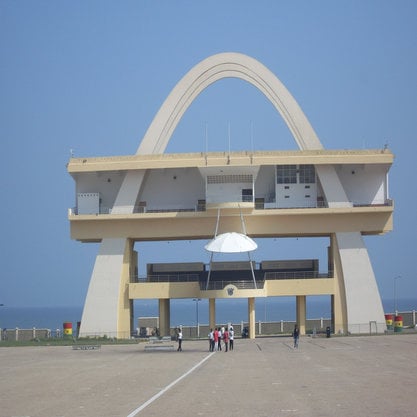Article
Plaatje, Solomon Tshekisho (1876–1932) By Haire, Karen
Article
Born in 1876 in the rural Free State, Sol Plaatje is descended from the Barolong boo-Modiboa, royals who had been deposed in the 1500s. The Plaatje grandfather had converted to Christianity and Sol was educated by Berlin missionaries, who were astonished at the brilliance of this child prodigy. Although he received formal schooling only up to Standard Four, through self-study he went on to become a court interpreter, and then a career journalist. He used the press to plead for political rights, and when conditions worsened for Africans under the Union in 1910, he travelled with two SANNC (South African Native National Congress) delegations to England, one just before and one just after World War I, to publicise his people’s plight. During his long absences, often with lapses in SANNC financial support, his wife, Elizabeth Lillith Plaatje, struggled to provide for their family. According to biographer and close friend, Seetsele Modiri Molema, overwork as well as financial worries caused his untimely death.

